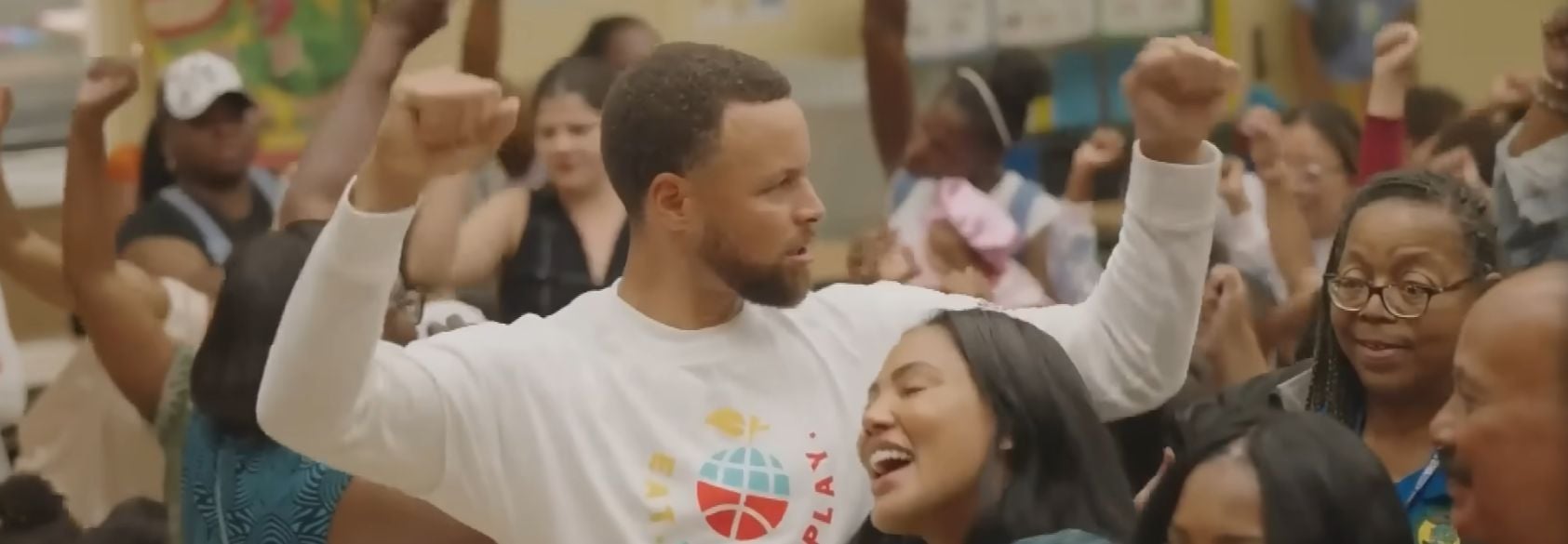Of course these are a sampling, and yes, lots of kiddos wrote that they wanted to be on their phones more, have longer lunches, no homework and easy graders. However, if you’ve taught long enough, you can absolutely hear the needs of these students break through the surface. Immediately, I thought of Bill Daggett’s Rigor, Relevance, and Relationships framework, which you can read about here, in Peter DeWitt’s Education Week “Finding Common Ground” blog. Despite never wanting to hear anyone say the word “rigor” again since it was so overused, I have to admit that the framework gives us some place to start that seems to align with what my students are suggesting. This webinar, Rigor Is Not a Four-Letter Word, is an exceptional antidote for those of us who had an overload of rigor conversations.
As I begin to formulate my plan—a blueprint for moving forward—I’m reminded to look backward at what worked; but as some of my students note, education has changed too. The true test, as educators, is going to be how we synthesize the best parts of school, the things that are integral to our culture and school’s identity, while also losing our fear of change. I remember when I used to say to my students, “I’m trying to prepare you for jobs that haven’t even been invented yet.” Now, I’m thinking, “I’m trying to prepare you for a world that feels scary, a society that has been turned on its head, and a future that is incomprehensible given how fast everything changes. Help!” One thing that is certain, and hasn’t changed a bit, is the necessity of asking people what they need. I think sometimes that simplicity says it best as this response noted: “I want to be a good student with lots of friends.”
I’m looking forward to writing my way through the next iteration of education, and I’d love your feedback, suggestions and stories to help me. Please comment below or let me know on Bluesky, LinkedIn or Instagram.















